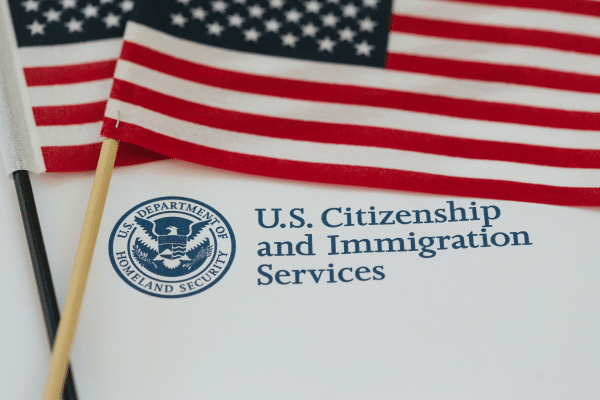
The June 2025 letter applauds recent remarks by President Trump, who acknowledged the severe strain that aggressive immigration policies have placed on employers, particularly in sectors like hospitality, agriculture, construction, and healthcare. “Very aggressive policy on immigration is taking very good, long-time workers away from them, with those jobs being almost impossible to replace,” Trump stated, pledging forthcoming policy changes to support America’s workforce.
A Workforce System Out of Step with Economic Realities
The coalition’s message is clear: the U.S. immigration system is outdated and unresponsive to today’s labor market needs. Skilled and experienced workers—many of whom are not U.S. citizens—have become indispensable in roles that sustain everyday life, from harvesting food and building homes to caring for patients and maintaining essential services.
Industries hit hardest by the labor shortage include:
- Hospitality and Leisure: Hotels and restaurants are struggling to maintain service levels amid staffing gaps.
- Construction: Delays in housing and infrastructure projects are compounded by a lack of skilled labor.
- Healthcare: Hospitals, assisted living communities, and home health agencies face dangerous staffing shortages.
- Agriculture and Meat Processing: Farmers and processors rely heavily on seasonal and long-serving laborers for food production and delivery.
Without policy reform, the coalition warns, these labor shortages could jeopardize supply chains, slow economic recovery, and strain local businesses.
Three Clear Recommendations for Federal Action
To address these challenges, EWIC outlines three core recommendations for Secretary Chavez-DeRemer and Secretary Noem:
- Expand and Modernize Visa Programs: Ensure visa categories reflect today’s seasonal and year-round economic needs, and are equitably accessible across essential industries.
- Promote Efficient and Fair Processing: Cut through bureaucratic delays so employers can access the talent they need reliably and lawfully.
- Provide Certainty and Stability for Trusted Workers: Develop pathways that allow long-serving, qualified essential workers to remain and contribute to the U.S. economy without fear of removal.
These recommendations represent a pragmatic approach—balancing national security with the need for workforce sustainability.
Why It Matters to Senior Living
Workforce challenges are not confined to one industry—they affect the entire care continuum. In senior living, staffing shortages have become a persistent crisis, with communities struggling to recruit caregivers, dietary staff, and maintenance professionals.
A modernized, legal immigration system would help ensure senior living providers and others in healthcare and service sectors can continue delivering quality care. It also aligns with broader national interests: economic security, public health, and respect for long-time contributors to American communities.
